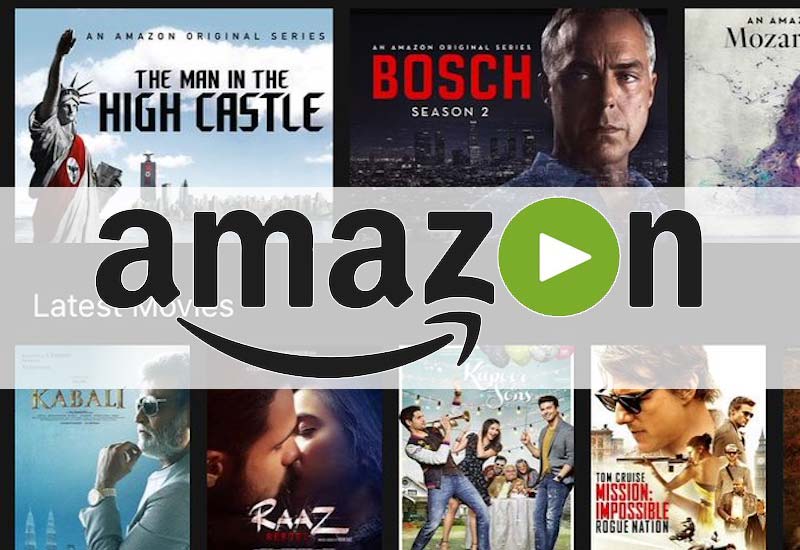In a pre-emptive move undoubtedly to thwart Netflix’s own plans for dominating the Indian media streaming market, Amazon Prime Video with Lionsgate yesterday announced an exclusive multiyear deal with Lionsgate for all of its new content, upcoming titles and library in India.
New movie titles include La La Land and the yet-to-release Power Rangers, but the streaming rights also include several titles from the Lionsgate library and upcoming TV series.
Since the deal is exclusive to Amazon Prime Video in India, these titles won’t make it to satellite or pay TV services. More importantly, you won’t get it on Netflix, which is very likely Amazon’s main objective.
Amazon’s presence around the world isn’t as expansive as Netflix’s, but by capturing key content and reserving it for high-potential markets like India, the retailer is making a bold statement that they’re in the media production and delivery game for the long term.
The recent launch of Amazon Games Studio and the hiring of gaming industry veteran John Smedley to head up the team is another major move by Amazon in the streaming media segment.
Amazon’s target isn’t necessarily video or gaming. Their larger objective is to fully leverage their cloud infrastructure presence around the world in any way they can. By delivering products like Amazon Prime Video, cloud-based MMO games (to come), Amazon Alexa integration on consumer devices like smartphones and so on, Amazon is feeding demand into its infrastructure services so it can grow even bigger and serve more cloud customers.
Incidentally, Lionsgate is a client of AWS, and Executive VP for IT with Lionsgate, Theresa Miller, is clearly a fan:
“The economics were compelling. AWS cloud services proved to be easy to use via the Management Console, APIs, and tools. The system is secure and flexible to work with. Also, working with AWS as a company was a very positive experience.”
That also means Amazon may well serve content for India from its own cloud servers, since Lionsgate is already a client. Logistically as well as logically, that would make sense for Lionsgate, too, since Amazon will likely absorb the cost of streaming the content.
But regardless of how the streaming is deployed, it’s a major win-win for both Amazon as well as Lionsgate.
This is actually a textbook case of a client entering at one point (AWS for cloud computing services) and being engaged with other parts of Amazon’s business (providing licensed content for Amazon Prime Video in India).
As such, we need to look at Amazon’s video push in the context of everything else that it and AWS are doing in the cloud space. Every initiative in streaming, IoT, SaaS and pure-play public cloud that Amazon undertakes points back towards its cloud infrastructure capability – or its retail business, for that matter.
Amazon knows that it can’t compete head-on with a company like Netflix. That’s simply because it is the only thing that Netflix does, as opposed to one of the things that Amazon does.
Though Amazon certainly has the money muscle to take on Netflix in the streamed content creation and delivery space, it wants the business to tie back in to its retail business, which is why Amazon Video is a Prime service. The “Prime” part of that equation makes sure that customers stay within Amazon’s online assets, which includes its retail portals.
Netflix, on the other hand, can go all out and spend billions on original content because that’s it’s only strength at the moment, and it wants to capitalize on that strength as much as it can.
Both Netflix and Amazon Prime Video have space to grow in a massive market like India, but the early moves that these companies make now will help determine who leads the field five years down the road, and who plays second fiddle. And neither company is going to yield until one of them clearly establishes themselves as the undisputed leader in the Indian media streaming market.
Thanks for reading our work! We invite you to check out our Essentials of Cloud Computing page, which covers the basics of cloud computing, its components, various deployment models, historical, current and forecast data for the cloud computing industry, and even a glossary of cloud computing terms.



